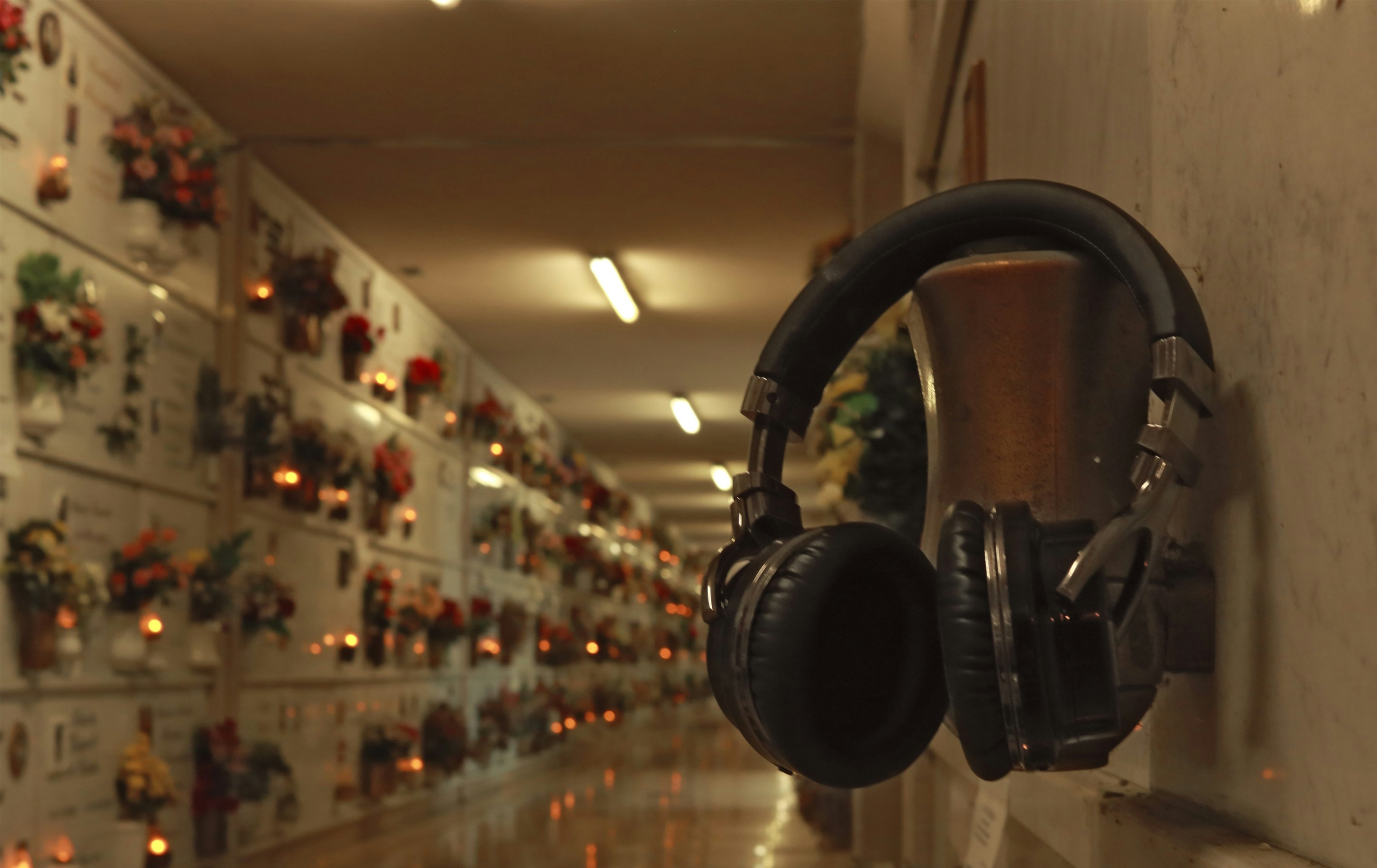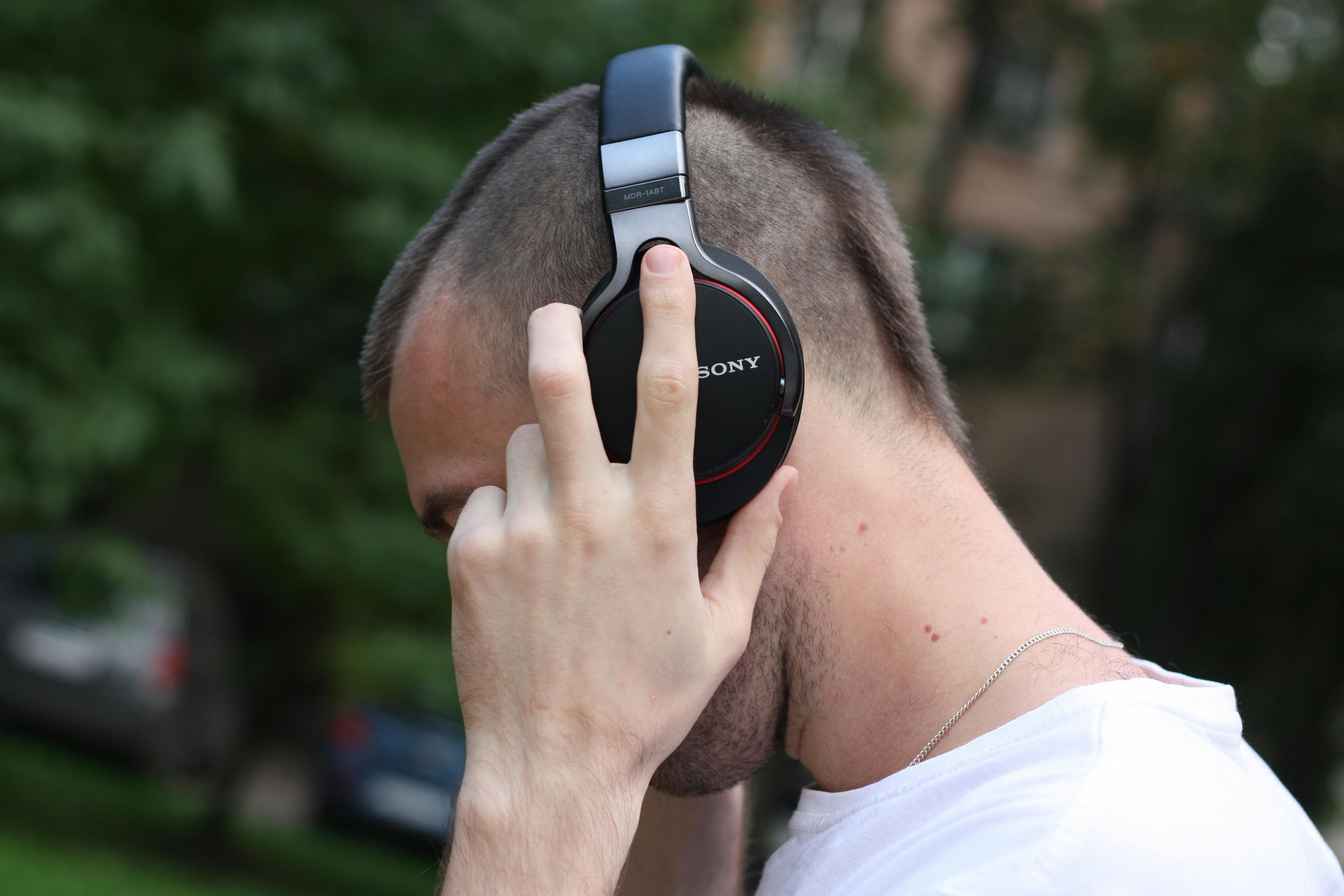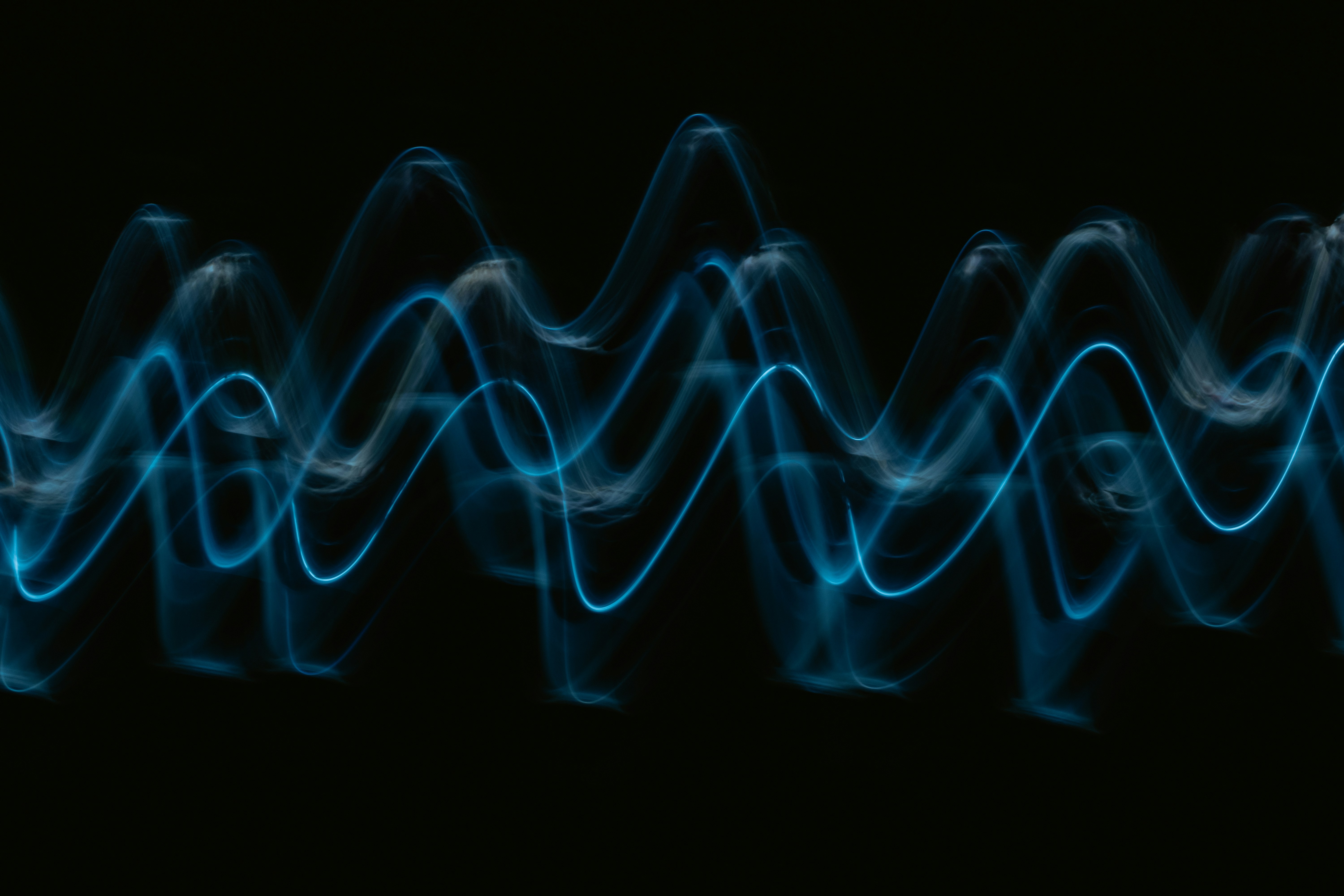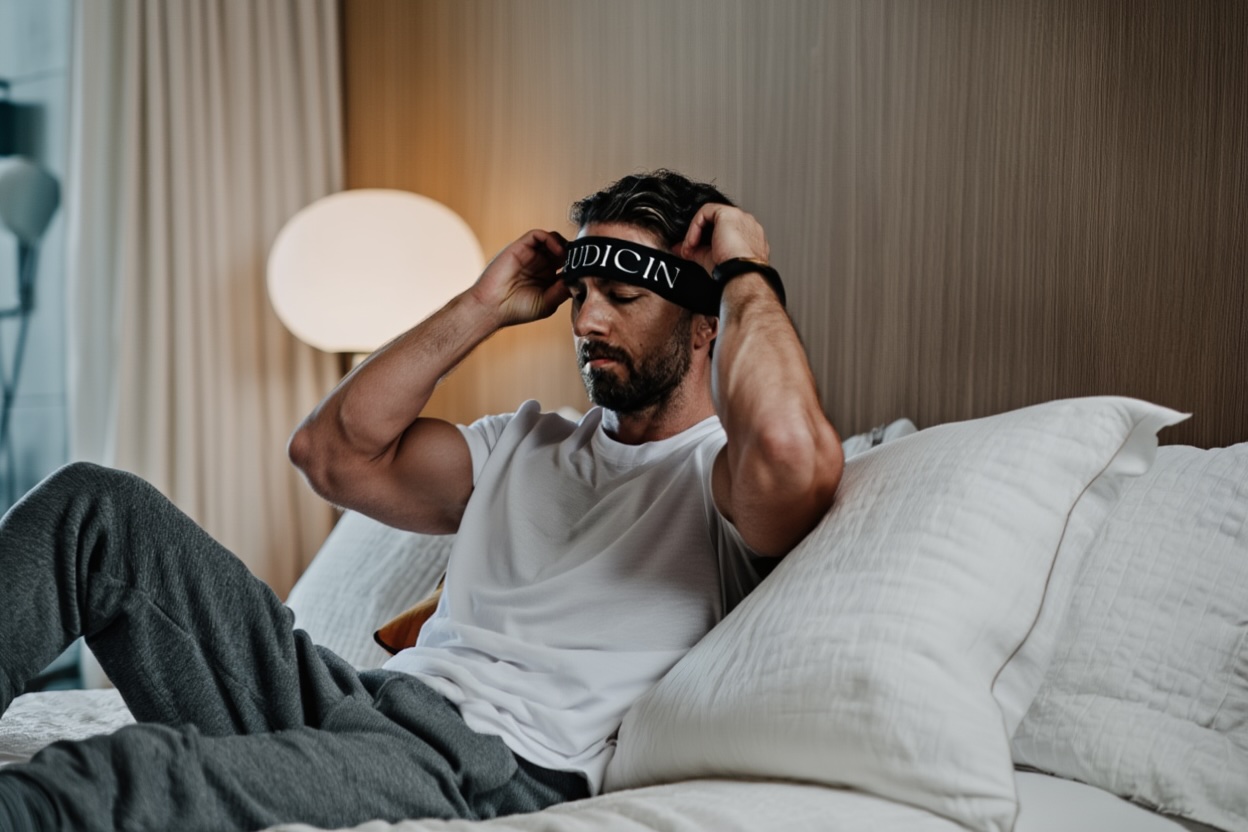A Promising Tinnitus Treatment for Service Members

Tinnitus is more than a ringing in the ears: for many service members, it is the sound of sacrifice.
Gunfire. Rotor wash. Jet engines. Controlled detonations. Blast waves. The auditory load of military service is unlike anything in civilian life and tinnitus remains the single most common service-connected disability among veterans.
But a new study suggests a way to strengthen one of the most widely used tinnitus treatments with a simple, low-cost, non-pharmacological addition: Binaural beats.
Emerging research suggests that when binaural beats are paired with standard tinnitus sound therapy, patients experience greater reductions in tinnitus loudness, distress, and sleep disruption. For the DoD and VA communities, this could mark an important evolution in how we support long-term veteran wellbeing.

Military & Veteran Health
Tinnitus in military populations is a significant daily battle that follows service members home, long after deployment ends.
• It disrupts sleep
• Impairs concentration
• Reduces awareness
• Increases stress
• And affects mental readiness
Standard tinnitus retraining therapy (TRT) has mixed success. Some improve dramatically whilst others plateau. That’s why this new research is so compelling.

New Findings
The new peer-reviewed article tested whether binaural beats (alpha and delta), embedded into a traditional 3 month sound-therapy protocol, could enhance standard tinnitus care for 63 people. This extended timeline helped rule out any potential placebo effects, offering a more reliable evaluation of treatment . The control was white noise. Outcomes were measured by tinnitus handicap inventory (THI) scores, and Visual analogue scale (VAS) ratings for tinnitus distress and quality of life. Click here for access to the original research.
Key Results:
Participants receiving sound therapy with either form of binaural beats (as opposed to white noise) showed:
1. Greater reduction in tinnitus loudness = a noticeably softer perception of the phantom sound.
2. Lower tinnitus-related annoyance and stress = Daily functioning improved, particularly in high-stress environments.
3. Better sleep quality = A major breakthrough as sleep impairment is one of the most debilitating aspects of tinnitus.
4. Improved concentration = Critical for service members on duty, completing training, or transitioning to civilian work.
Other measures of quality of life such as social relationships and environmental factors did not change over the course of the study, but these are less likely to be directly impacted by the experience of tinnitus.

How Binaural Beats Work
Binaural beats work by presenting two slightly different frequencies to each ear, prompting the brain to generate a third perceived frequency that nudges brainwaves toward a targeted state. In tinnitus care for the present study this means:
Alpha stimulation (8–12 Hz): Reduces sensory hyperactivity and promotes relaxation.
Delta stimulation (0.5–4 Hz): Supports deep sleep, physiological restoration, and nervous system reset.
The beauty of binaural beats for military healthcare ?
• No medication
• None invasive
• Compatible with existing tinnitus protocols
• Easy to deploy through headphones, apps
• Scalable across DoD & VA clinics
What This Could Mean for the Department of Defense
1. Improved Readiness & Performance: Better sleep + better focus = stronger performance and mission readiness.
2. Lower Long-Term Healthcare Burden: A scalable, low-cost auditory tool could reduce reliance on medication.
3. Support for Blast-Exposed and Noise-Exposed Service Members: Given the high overlap between tinnitus, TBI, and PTSD in military populations, a tool that promotes calm and sensory regulation has wide-reaching benefits.
4. Seamless Integration Into Military Life: BB-enhanced audio can be delivered through military-grade headsets, smartphone apps, and/ or wearable auditory wellness devices, including bluetooth-free options such as the Audicin Sleep Head Band (photo below)
Where Audicin Fits In
This is the kind of technology that meets service members where they already are. At Audicin, we’re deeply committed to the science of non-invasive neuromodulation, especially as it relates to sleep, stress resilience, and cognitive restoration: helping people feel, think, and live better through sound.

In Summary
This new study signals how a small change in the sound environment may create a meaningful change in the life of someone living with tinnitus.
For service members and veterans, that change could be the difference between chronic disruption and long-awaited relief.
And for the organizations responsible for their care it represents a scientifically grounded, highly scalable opportunity to advance wellbeing and support operational readiness.
